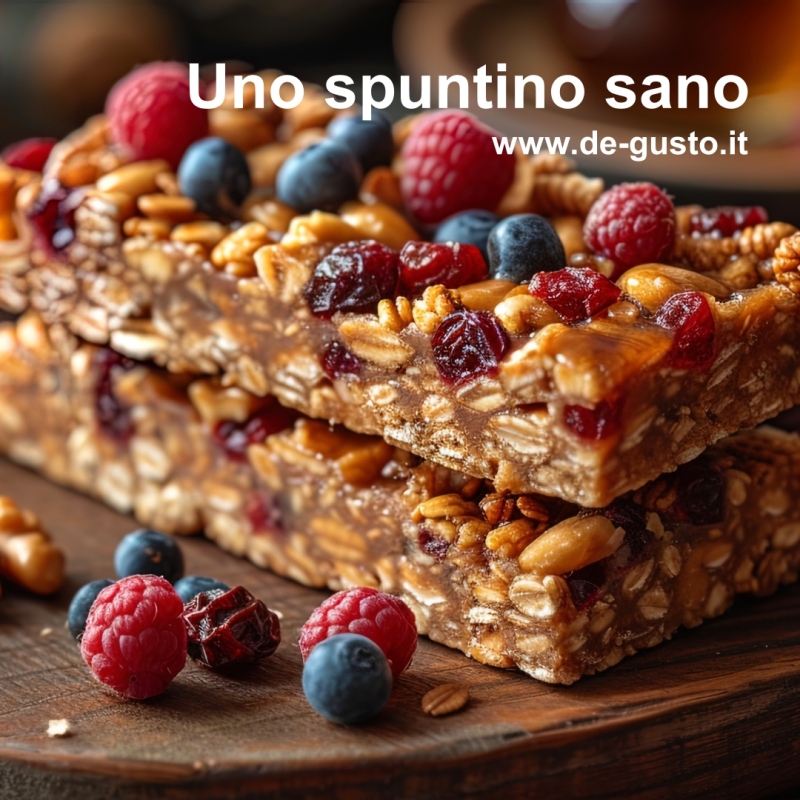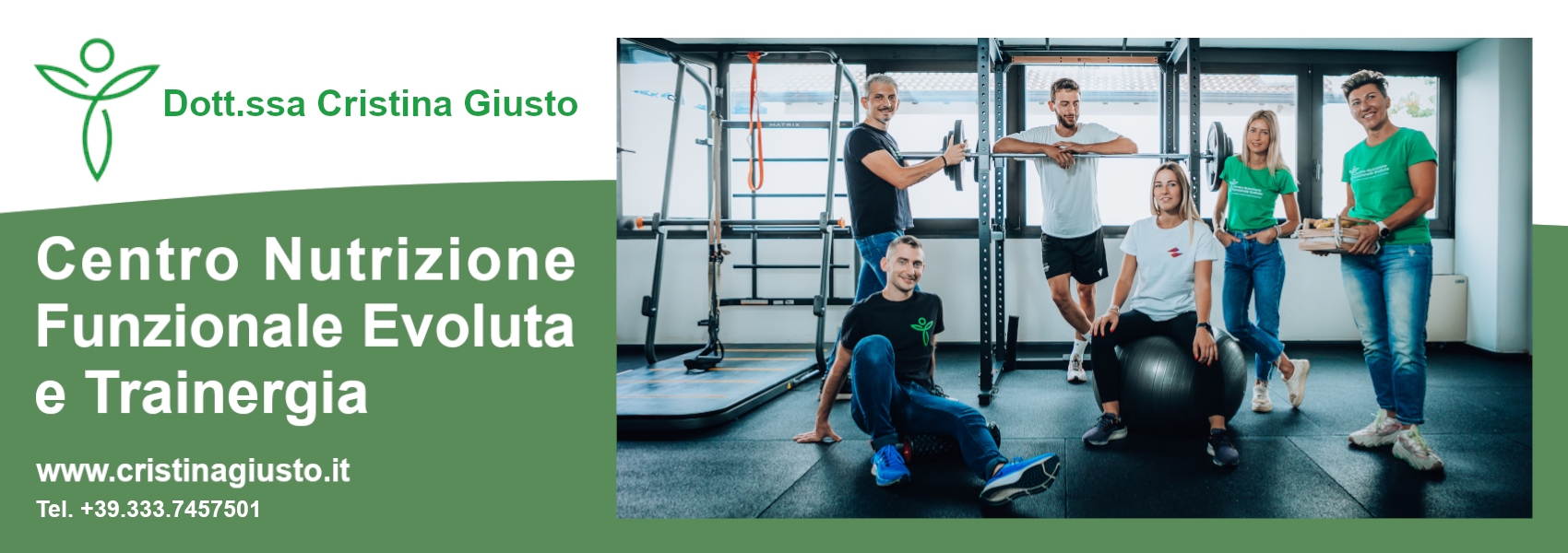The return to routine after the Christmas festivities can be a cause of stress; during the holiday period, in fact, one allows oneself proper rest along with a more ‘permissive’ diet and some excesses at the table.
Larger portions and a few deviations from the rule are perfectly normal, except that approaching food in the first days of the New Year with a particularly strict and restrictive attitude (e.g. skipping meals) can prove not only unhelpful but even counterproductive.
Eating regularly will in fact help you maintain stable energy levels and prevent cravings for unhealthy foods.
Returning to a balanced diet without following drastic diets is essential, temporarily limiting sweets, fried foods, alcohol and industrial snacks and putting nutritious, light foods back at the centre, such as:
- fruit and vegetables: rich in vitamins, minerals and fibre, they help cleanse the body
- lean proteins: chicken, fish, eggs and pulses help maintain muscle mass
- wholegrain carbohydrates: provide energy without glycaemic peaks.
Moreover, during the holidays, the intake of alcohol and salty foods may have caused water retention and bloating: in this case, it is important to drink at least 1.5 to 2 litres of water a day to restore the water balance and to help purify the body and reduce the use of salt.
Given the winter period, we can also supplement liquids with purifying herbal teas or green tea, known for their antioxidant and draining properties, for example: green tea, rich in polyphenols and with diuretic action, fennel or lemon balm herbal tea to improve digestion/reduce abdominal bloating, mint tea to aid digestion and reduce intestinal gas.
Regarding the use of salt, dishes can be flavoured with spices and herbs (turmeric, ginger, rosemary) instead of salt.
Here are some suggestions for suitable meals for the holiday season:
- Breakfast: low-fat white Greek yoghurt or kefir + oat flakes + a piece of fruit or rusk with cottage cheese and jam
- Lunch: wholemeal pasta or basmati rice or cereals such as spelt/ barley served with vegetables and a protein such as eggs, cottage cheese, tuna etc.
- Dinner: white meat or lean fish + a side dish of vegetables or a vegetable and legume soup + a slice of rye or wholemeal bread or a few biscuits
- Snacks: a seasonal fruit, or dried fruit and a yoghurt, or a small piece of parmesan and some biscuits
Do not forget the importance of physical activity Getting active will help us reach our goals faster and more completely. You don't need an intense workout, just 30-45 minutes of activity integrated into your daily routine, such as a walk or free-body exercises.
Finally, it is important to be patient, do not expect immediate results and possibly seek the support of a professional to create a customised diet plan.
(Article by Dr. Giulia Daniotti)





